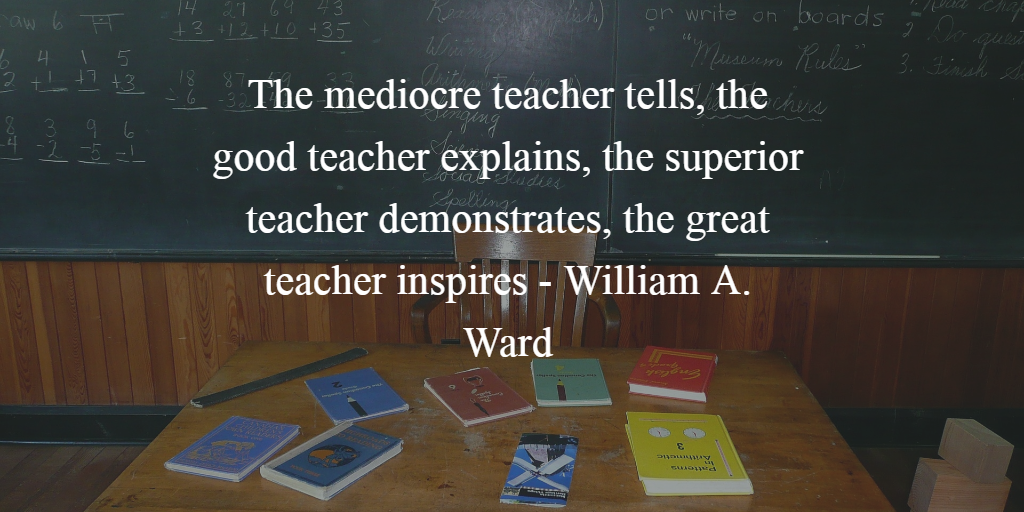Once in high school, our Arabic teacher gave us an assignment to write a research paper on any topic of our liking using the all-shiny-and-new Internet as a major source. It was as generic and open-ended as it could be. Of course, when he collected the assignments, he was disappointed [I don’t know why he was surprised considering we could practically write anything about anything and still have sources to cite, since after all, the internet was our oyster]. So he was disappointed, especially with one of the reports that he called out because its writer had copy-pasted from the internet without even bothering to read what she had submitted.
How did he know the student hadn’t read what they’ve submitted?
The report was in Urdu – not Arabic (For the uninformed, the two share the same alphabets but are totally different languages).
That raises a question; with so much information available online, what can teachers teach that isn’t available online?
The answer is simple; skills.
As a K-12 student, you can log onto Khan Academy and learn elementary topics such as Science and Maths. You can also take a few quizzes that check whether you’ve learned the information. But when you read three contradicting information on one topic from three different sources, how do you evaluate which one is more reliable? And yes, there’s a whole load of information out there, but how do you know what to look for? When there is an interesting problem, do you have the intellectual capacity to notice it, let alone solve it? Finally, when your self-esteem is down, who can boost it up by telling you about the strengths you have but can’t even seem to notice?
That’s where teachers have an advantage over the internet. They fly in with their capes, and act as mentors to guide students through this labyrinth of information. Their enthusiasm encourages students to get curious about certain topics, thus inspiring them to delve deeper into the topic. They help develop their students’ critical and analytical thinking by pointing out which sections of the students’ essays could they improve. Most importantly, they pay attention to each student and laud their strengths and help them deal with their weaknesses…
Or at least that’s what they’re supposed to do.
So when you hear cases of teachers who are so disconnected from their students, they have no way of measuring whether what they’re teaching sinks in, or teachers who call their students slow or stupid, you wonder how long it will take before the whole school system gets bulldozed by the Khan Academy style of online schooling…
Which I hope doesn’t happen for the sake of the >360,000 teachers currently employed in Kenya at least, as reported here.
I don’t know about you, but I’ve met great teachers in my life. Those whose passion and enthusiasm about a subject was so contagious I only registered for the class because the teacher encouraged my imagination and opened my mind to the scholarly method of gaining knowledge. So I would be sad if the traditional schooling system just collapses and the concept of teachers become obsolete just because of the line…
You can google everything nowadays!
As a final note to teachers; make yourself relevant before google makes you irrelevant.
